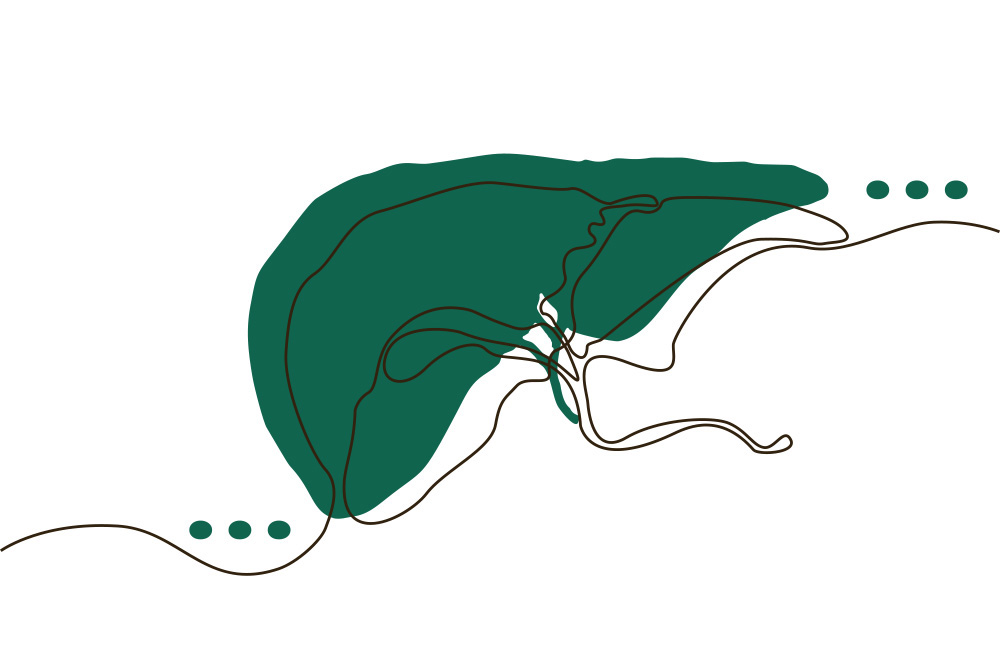Your liver carries out hundreds of essential functions, including breaking down and metabolizing toxins such as alcohol. Some of the liver’s cells die every time you drink, which can eventually create irreversible damage, including diseases like cirrhosis and alcoholic hepatitis.
Early Signs of Liver Disease
One of the earliest red flags of liver disease is jaundice, a condition that causes your skin and the whites of your eyes to turn yellow due to a buildup of bilirubin in your blood.
Additional symptoms may involve abdominal pain, hypotension, fatigue, itching and swelling, and fluid buildup in your abdominal region.
Other Physical Health Problems Caused by Alcohol
Besides your liver, excessive, long-term drinking can damage many other organs and systems in your body.
- Brain: Frequent exposure to alcohol changes the brain chemistry associated with rewards and pleasure, making it increasingly challenging to find joy in anything other than drinking. People with a chemical dependency on alcohol may also develop a condition called Wernicke-Korsakoff syndrome, or “wet brain,” which involves severe confusion, disorientation, vision problems, and memory loss.
- Skin: Alcohol addiction could affect your body’s largest organ in various ways, including dark undereye circles, rosacea, and a bacterial infection called cellulitis. The dehydration associated with heavy drinking can also cause premature aging.
- Pancreas: Alcohol may also cause a painful inflammatory condition called pancreatitis. This illness causes digestive enzymes to become active while they are still in the pancreas, essentially digesting the pancreatic cells.
- Immune system: Alcohol abuse significantly weakens your immune system, making it harder for you to fend off illness. The damage results from the health problems related to substance abuse, which can include dehydration, fatigue, loneliness, chronic stress, sleep deprivation, and malnutrition. Long-term alcohol misuse can also impair your white blood cells’ ability to function, increasing your risk of developing life-threatening diseases like cancer.
- Digestive system: Alcohol can damage the cells in your esophagus and stomach and cause chronic inflammation. Drinking also prevents your digestive system’s ability to absorb dietary nutrients, so you could become malnourished even if you are conscientious about eating a balanced diet. For instance, people with alcohol use disorder are typically deficient in vitamin B1, or thiamine.
Call Today to Speak to a Recovery Expert
Many people are aware that drinking can harm their physical and emotional well-being, but still feel compelled to continue abusing alcohol to find temporary relief from life’s challenges. However, any brief feel-good effects you might experience are not worth the cumulative toll on your body, including liver damage and other health problems.
The best way to get healthy and begin reversing some of the effects of alcohol abuse is to stop drinking. However, if you have relied on alcohol for years, this challenge could feel overwhelming, even if you are motivated. Lakeside-Milam is here to help you find your way out of the downward spiral of alcohol abuse. Our 10 locations across western Washington make high-quality care accessible to those who need it most.
When you contact our recovery experts, they will explain what treatment at an accredited treatment facility entails, answer your questions, and verify your insurance coverage. Talking to someone about what you are going through is your first step on the healing journey.






